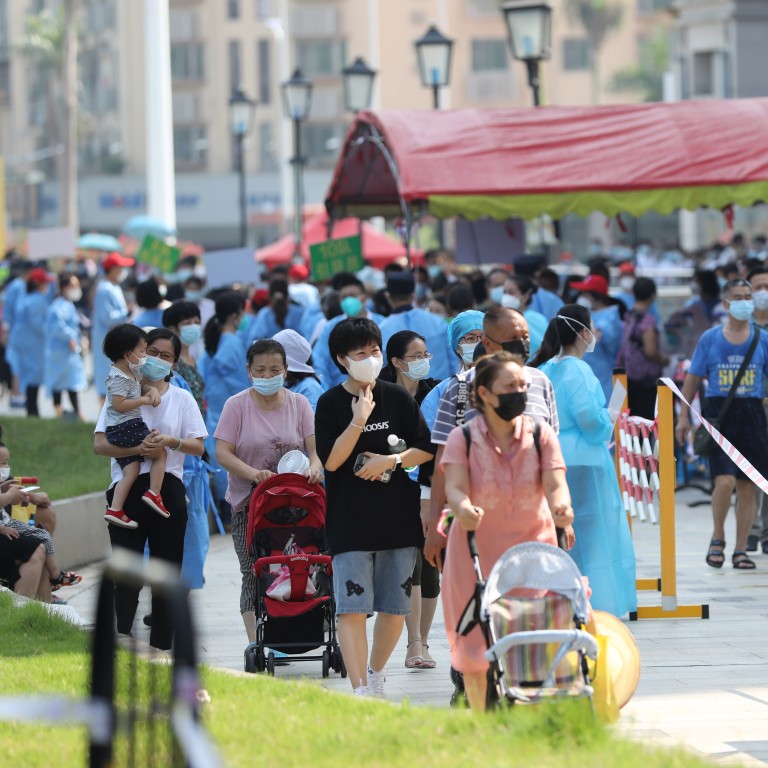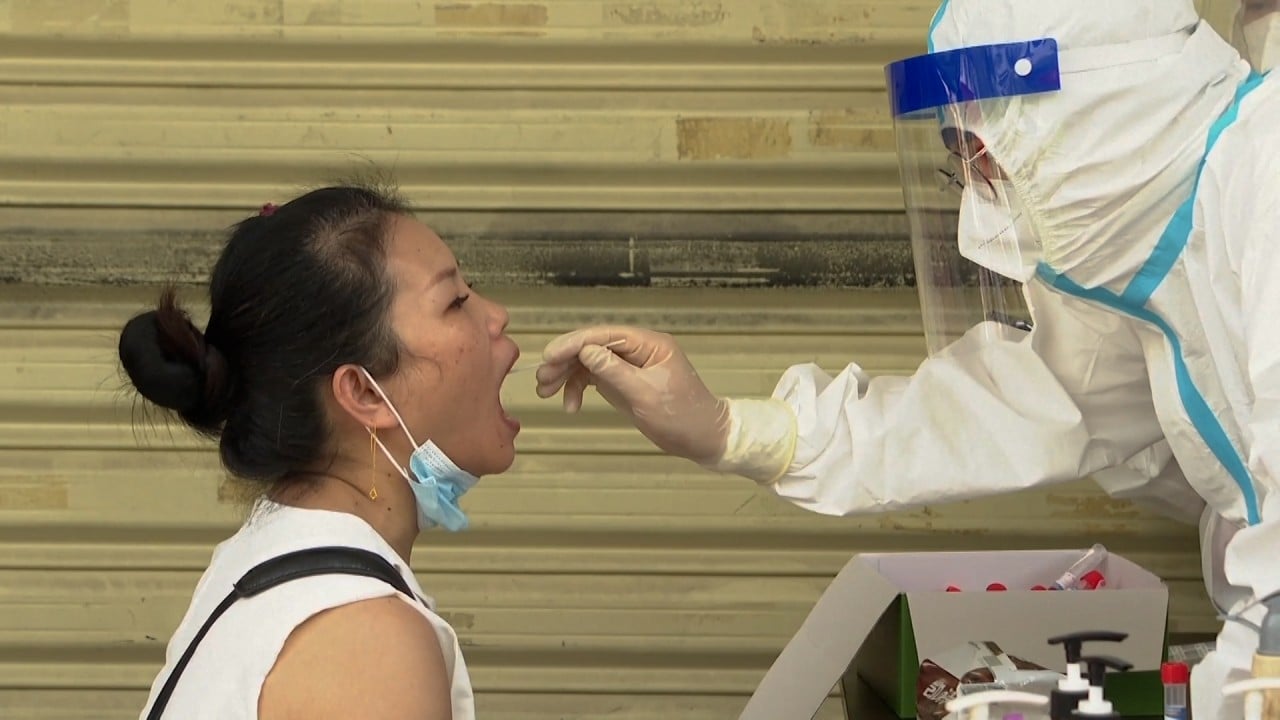
Coronavirus outbreak in Fujian poses fresh threat to China’s troubled travel market
- Before the Fujian outbreak started last week, there were signs China’s travel market was starting to bounce back after a bleak summer
- But fresh lockdowns and bans on interprovincial tours have cast a cloud over the recovery and will not help already weak consumer spending
A rapidly expanding outbreak of the Delta variant in China’s southeastern province of Fujian is posing a new threat to recovery of the local tourism industry, with fresh lockdowns set to torpedo upcoming Mid-Autumn Festival travel and holiday plans.
Covid-19 infections have grown to at least 213, including asymptomatic cases, in a week since the outbreak was detected, prompting a ban on interprovincial group tours to and from Fujian. In the coastal city of Xiamen, which is home to several popular attractions, tourism has ground to a halt following a lockdown and some highway closures.
All tours in and out of Fujian this month have been cancelled and there are no bookings until mid-October, said Chen Muxiang, who works for one of Xiamen’s largest travel agencies, China International Travel Service Corporation.
“There’s nothing going on in tourism whatsoever, Gulangyu has stopped selling tickets, hotels are vacant, and many of them are now used as quarantine sites,” she said, referring to the popular Unesco World Cultural Heritage Site.
Tourism is a place filled with woes right now
“Everyone in the industry is waiting or actively looking for other options. Tourism is a place filled with woes right now. There’s no more opportunity to make money this year.”
But this week, several cities and provinces across China issued advisories warning against interprovincial travel.
Chinese schools have asked children not to travel during the holidays and many public institutions and state-owned enterprises have issued policies preventing staff from leaving.

01:39
China’s Delta variant outbreak in Fujian surges as Covid-19 cases hit 165 in a week
The city of Chaozhou in Guangdong province, near Fujian, has shut public entertainment venues and many other enclosed public spaces.
Despite rising concern, it is too early to determine the impact of the outbreak in Fujian, said Wu Liyun, a tourism professor at Beijing International Studies University.
“If it’s completely contained within Fujian province, without spreading elsewhere, people can just avoid Fujian,” she said. “If it spreads to other provinces, it might have a much larger impact, especially on the travel market over the national holidays.”
Nevertheless, the Fujian outbreak is likely to have wider ramifications because some people will choose to stay home, Wu said, adding domestic tourism has been suffering over the past year.
Weak tourism numbers will add further pressure to soft consumer spending in China, which has been pummelled by the recent outbreaks.
The impact of Delta outbreaks on consumer spending – especially in the services sector – played a major role in the lower-than-expected retail spending growth.
“The latest coronavirus resurgence in Fujian province may have dampened cross-region travels, but localised consumption and tourism may be boosted instead,” ANZ Research senior China economist Betty Wang said in a note.
Robust ticket sales at Beijing’s newest entertainment destination, Universal Studios, show how this could be a reality.
Tickets for opening day on September 20 sold out within a minute on Tuesday, while another 30,000 tickets for later dates were sold within three minutes.
Additional reporting by Su-Lin Tan

